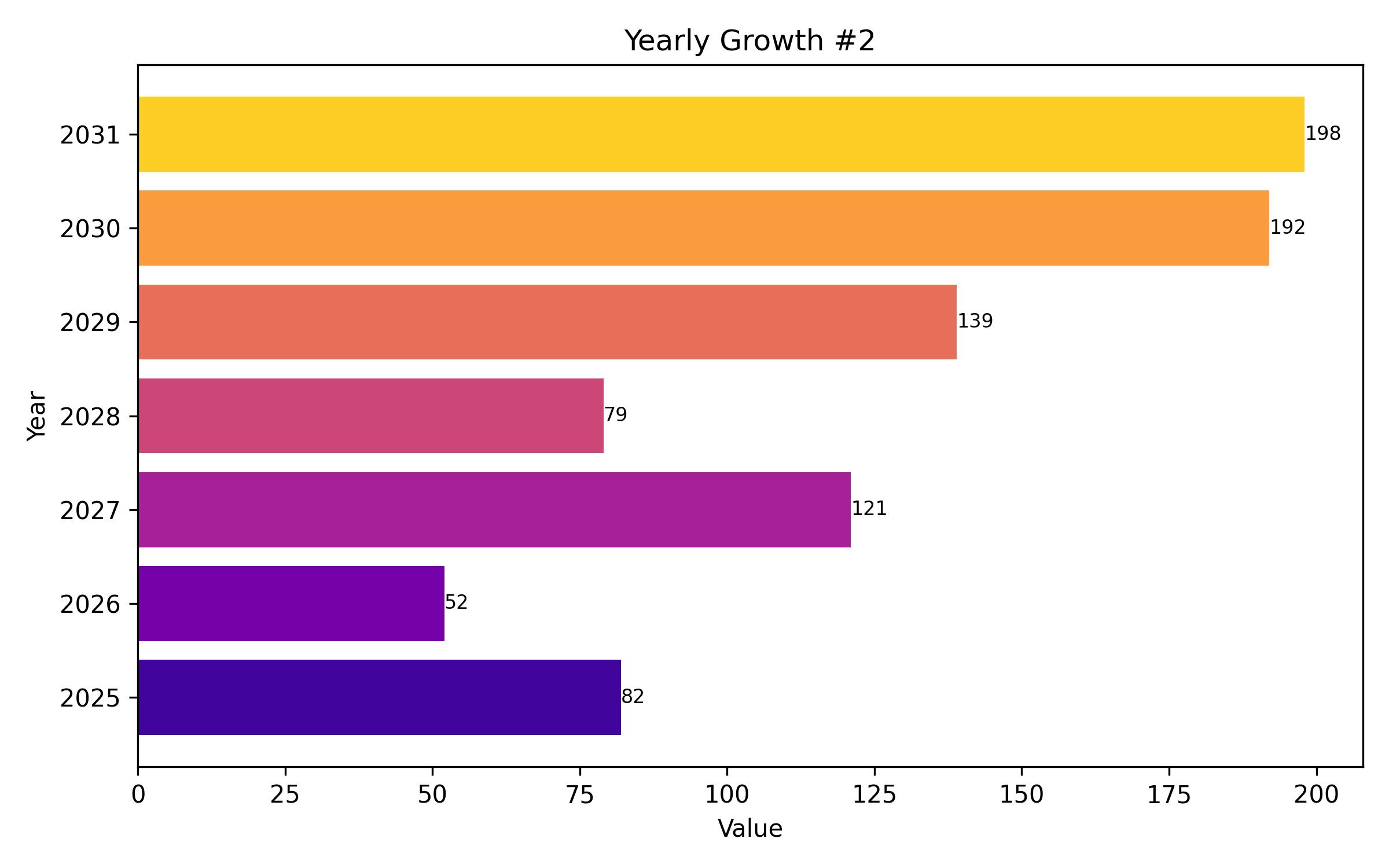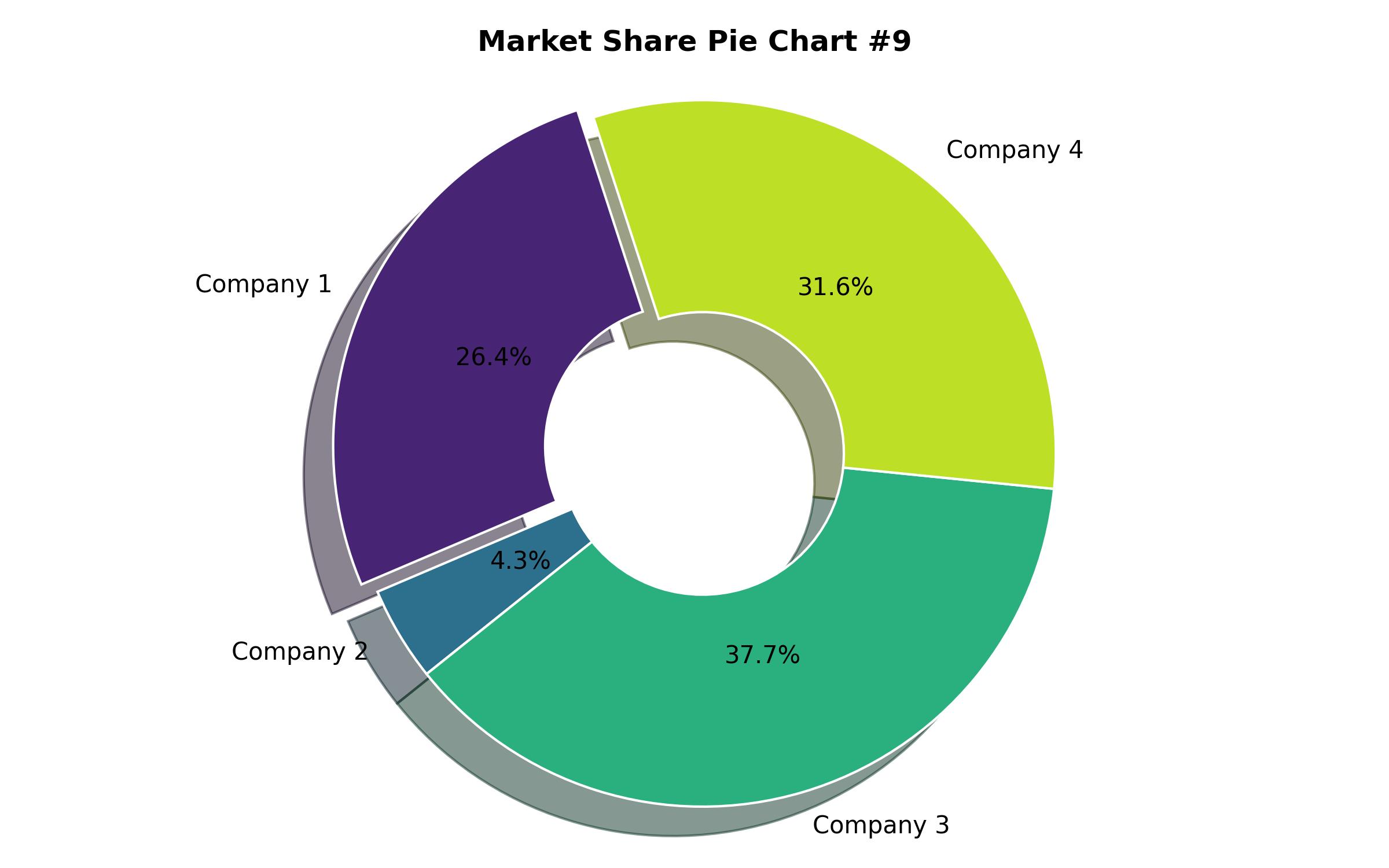Prebiotic Ingredient Market Comprehensive Analysis and Projections
Overview:
The global market for prebiotic ingredients is projected to reach USD 7.69 Billion in 2025 and is expected to grow at a compound annual growth rate (CAGR) of 6.7% from 2025 to 2035, culminating in an estimated value of USD 14.72 Billion by the end of the forecast period. The market recorded a CAGR of 6.1% from 2020 to 2025.
Prebiotic ingredients consist primarily of indigestible complex carbohydrates and fibers that promote the development of beneficial bacteria within the digestive system. These ingredients are widely recognized as safe for consumption and approved for use in various food applications.
Offering a shelf life of up to three years without requiring refrigeration, prebiotic ingredients are also compatible with diverse dietary requirements, including vegan, gluten-free, allergy-free, Kosher, and Halal certifications. Their widespread adoption is largely attributed to their numerous health advantages, such as strengthening the immune system and improving mineral absorption.
These ingredients support the proliferation of beneficial bacteria like Lactobacillus and Bifidobacterium, which are crucial for maintaining digestive health, alleviating constipation, regulating cholesterol levels, and enhancing overall gut function. The versatility of prebiotic ingredients enables their application across a broad spectrum of industries.
Beyond clinical nutrition, which leverages their gut health benefits, they are incorporated into products such as breakfast cereals, nutritional bars, and dairy items, driving market demand. The expansion of these adjacent markets is set to further propel the growth in prebiotics sales. Leading manufacturers are making substantial investments in research and development to discover and implement new applications for these ingredients.
The increasing number of companies entering the market intensifies competition, leading to downward pressure on pricing for prebiotic ingredients as firms strategize to enhance their market standing. Consumer awareness regarding the benefits of these products continues to rise, contributing significantly to the introduction and proliferation of new products tailored to a wide array of end consumers and industry sectors, thereby accelerating market expansion.
Prebiotics are a frequent addition to food formulations, particularly in dairy products, aimed at boosting nutritional content and encouraging the growth of beneficial bacteria known as probiotics. This aligns with consumer preferences, as evidenced by surveys indicating high appeal for prebiotic claims and logos in food and beverage items.
Furthermore, the increasing global demand for livestock products has necessitated advancements on the supply side. Prebiotic ingredients are utilized in animal feed to stimulate intestinal microbiota, enhancing the productivity of livestock farming. The phasing out of routine antibiotic use in animal feed also presents a strategic area for market participants to invest and gain market share.

| Report Attribute | Details |
|---|---|
| Market Size in 2025 | USD 7.69 Billion |
| Revenue Forecast for 2035 | USD 14.72 Billion |
| Growth Rate (CAGR) | 6.7% from 2025 to 2035 |
| Base Year for Estimation | 2024 |
| Historical Data | 2020 – 2024 |
| Forecast Period | 2025 – 2035 |
| Quantitative Units | Revenue in USD million/billion and CAGR from 2025 to 2035 |
| Report Coverage | Revenue forecast, company market share, competitive landscape, growth factors, and trends |
| Covered Segments | Ingredients, Source, Application, Form, and Region |
| Regional Scope | North America, Europe, Asia Pacific, Latin America, MEA |
| Country Scope | U.S., Canada, Mexico, U.K., Germany, France, India, China, Japan, Brazil |
| Key Companies Analyzed | KoninklijkeFrieslandCampina N.V., Tereos Group, Cargill, Jarrow Formulas, Inc., CosucraGroupeWarcoing SA, Roquette Frères S.A., Ingredion Incorporated, Kerry Group plc, Fonterra Co-operative Group Limited, BENEO GmbH, Sensus America, Inc., Prenexus Health |
| Customization Options | Free report customization (up to 8 analysts working days) with purchase. Changes to country, regional, and segment scope |
| Pricing and Purchase Options | Customizable purchase options for tailored research needs |

Report Coverage & Deliverables
- Market Trends And Dynamics
- Competitve Benchmarking
- Historical data and forecasts
- Value/Volume analysis
- Company revenue shares and key strategies
- Regional opportunities
This is an indicative segmentation. Please request a sample report to see detail segmentation of this market.
Detailed Market Segmentation
- Ingredients
- Inulin
- Fructooligosaccharides (FOS)
- Galactooligosaccharides (GOS)
- Mannan-oligosaccharides (POS)
- Chicory Fiber
- Beta-glucan
- Source
- Roots
- Vegetables
- Grains
- Fruits
- Application
- Functional Food & Beverages
- Dietary Supplements
- Animal Feed
- Pharmaceuticals
- Personal Care
- Form
- Powder
- Liquid
- Geography
- North America
- Europe
- Asia Pacific
- Latin America
- Middle East & Africa
Table of Content
- Executive Snapshot
- Market Overview and Introduction
- Market Dynamics
- Key Trends Shaping the Market
- Historical Market Size Analysis 2020 to 2024
- Market Demand (Value in USD Billion) Analysis 2025 to 2035
- Market Forecast and Growth Projections
- Pricing Analysis
- Regulatory Standards and Compliance
- Market Analysis by Ingredients 2025 to 2035
- Inulin
- Fructooligosaccharides (FOS)
- Galactooligosaccharides (GOS)
- Mannan-oligosaccharides (POS)
- Chicory Fiber
- Beta-glucan
- Market Analysis by Source 2025 to 2035
- Roots
- Vegetables
- Grains
- Fruits
- Market Analysis by Application 2025 to 2035
- Functional Food & Beverages
- Dietary Supplements
- Animal Feed
- Pharmaceuticals
- Personal Care
- Market Analysis by Form 2025 to 2035
- Powder
- Liquid
- Market Analysis by Region 2025 to 2035
- North America
- Europe
- Asia Pacific
- Latin America
- Middle East & Africa
- North America Market Performance and Outlook
- Europe Market Performance and Outlook
- Asia Pacific Market Performance and Outlook
- Latin America Market Performance and Outlook
- Middle East & Africa Market Performance and Outlook
- Competitive Landscape and Key Player Analysis
- Company Profiles and Strategic Initiatives
- Research Methodology and Data Sources
- Assumptions and Definitions
